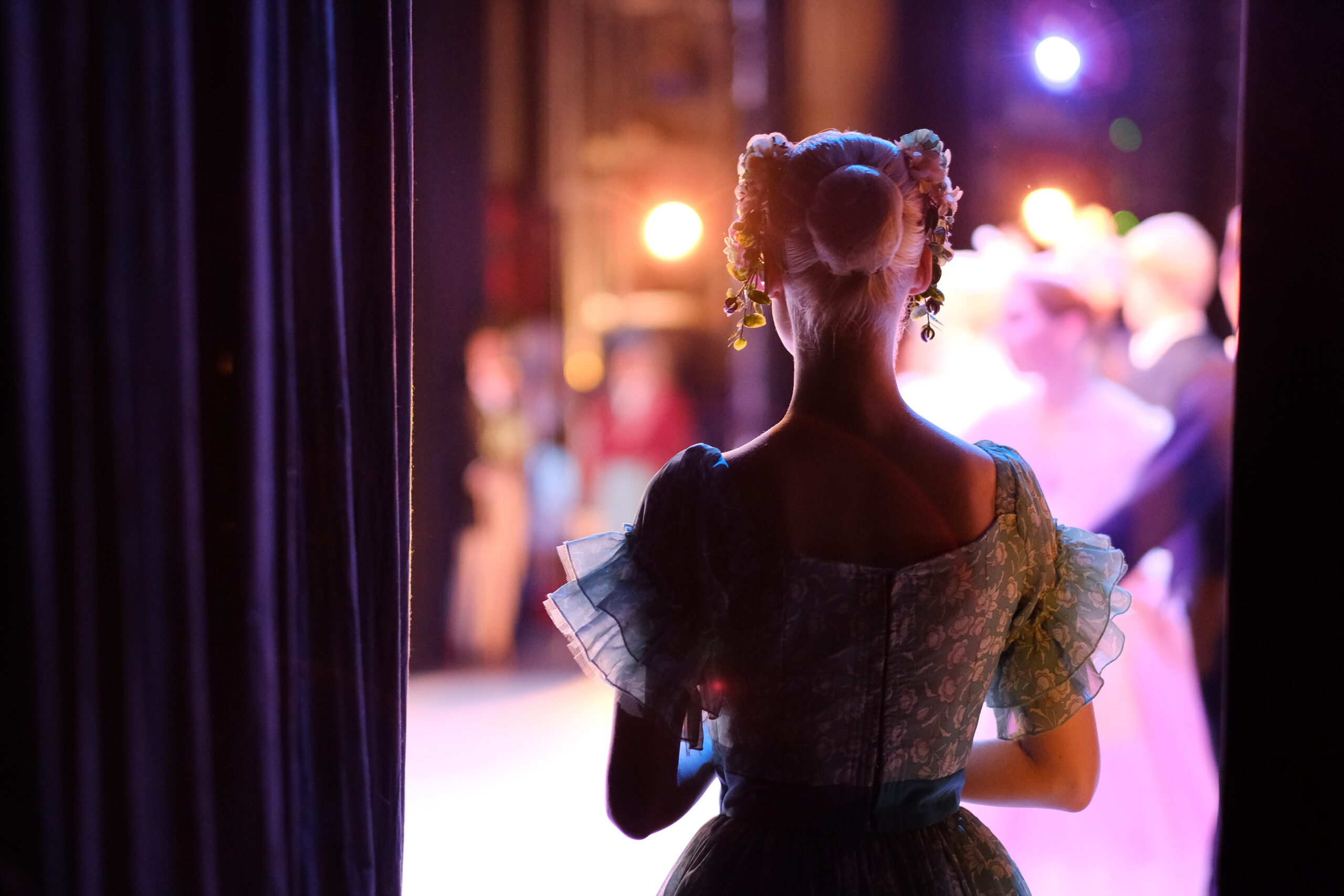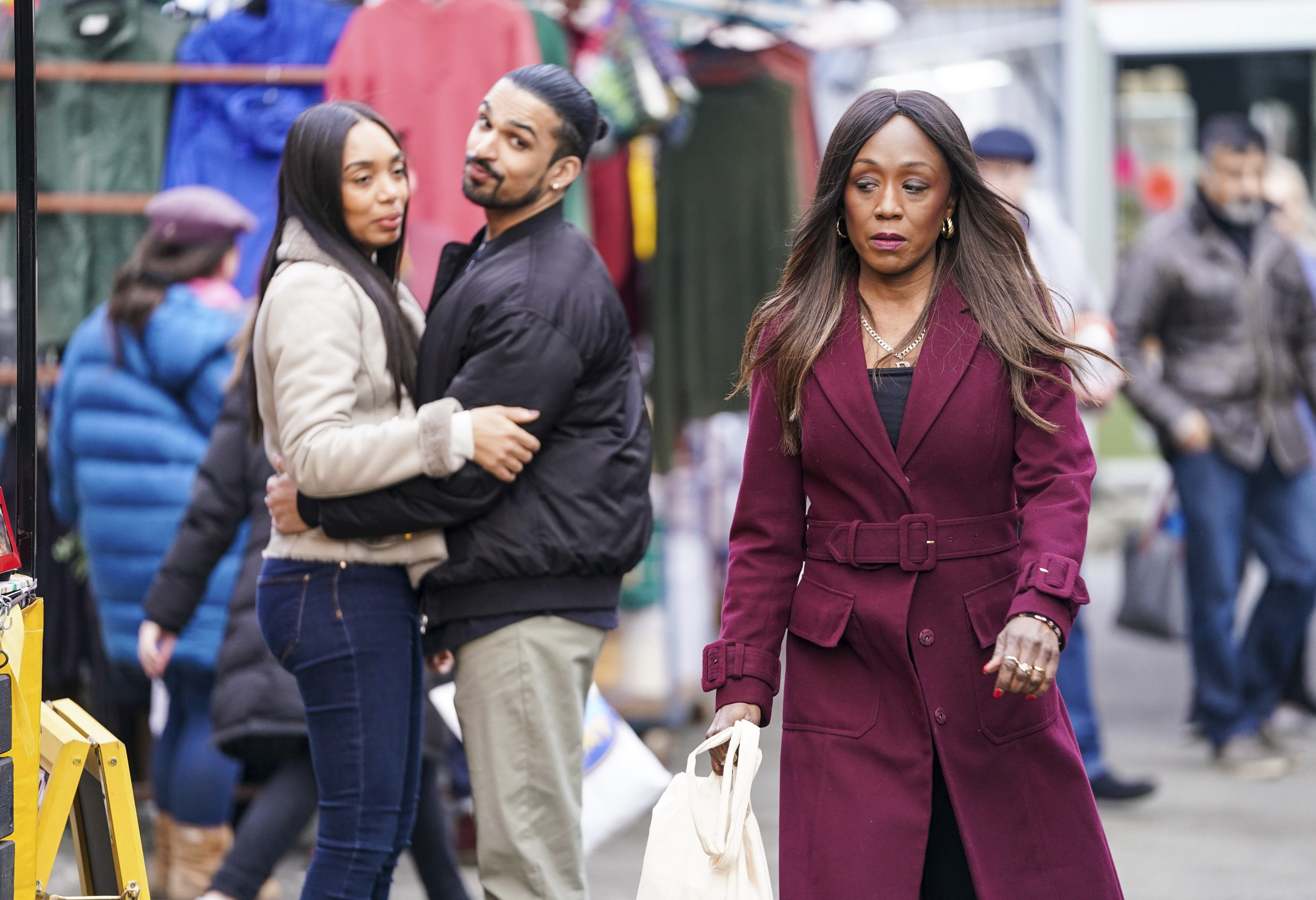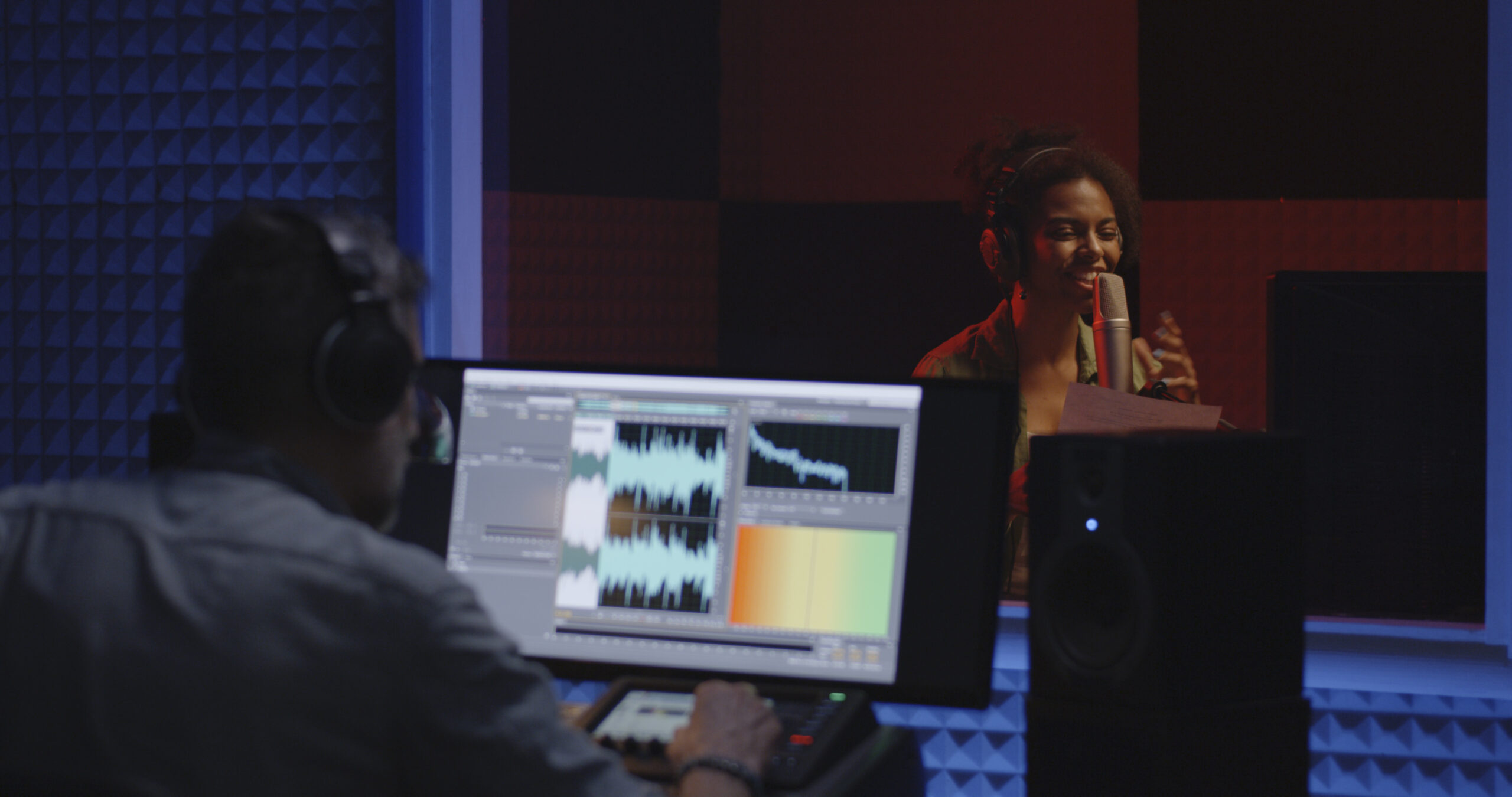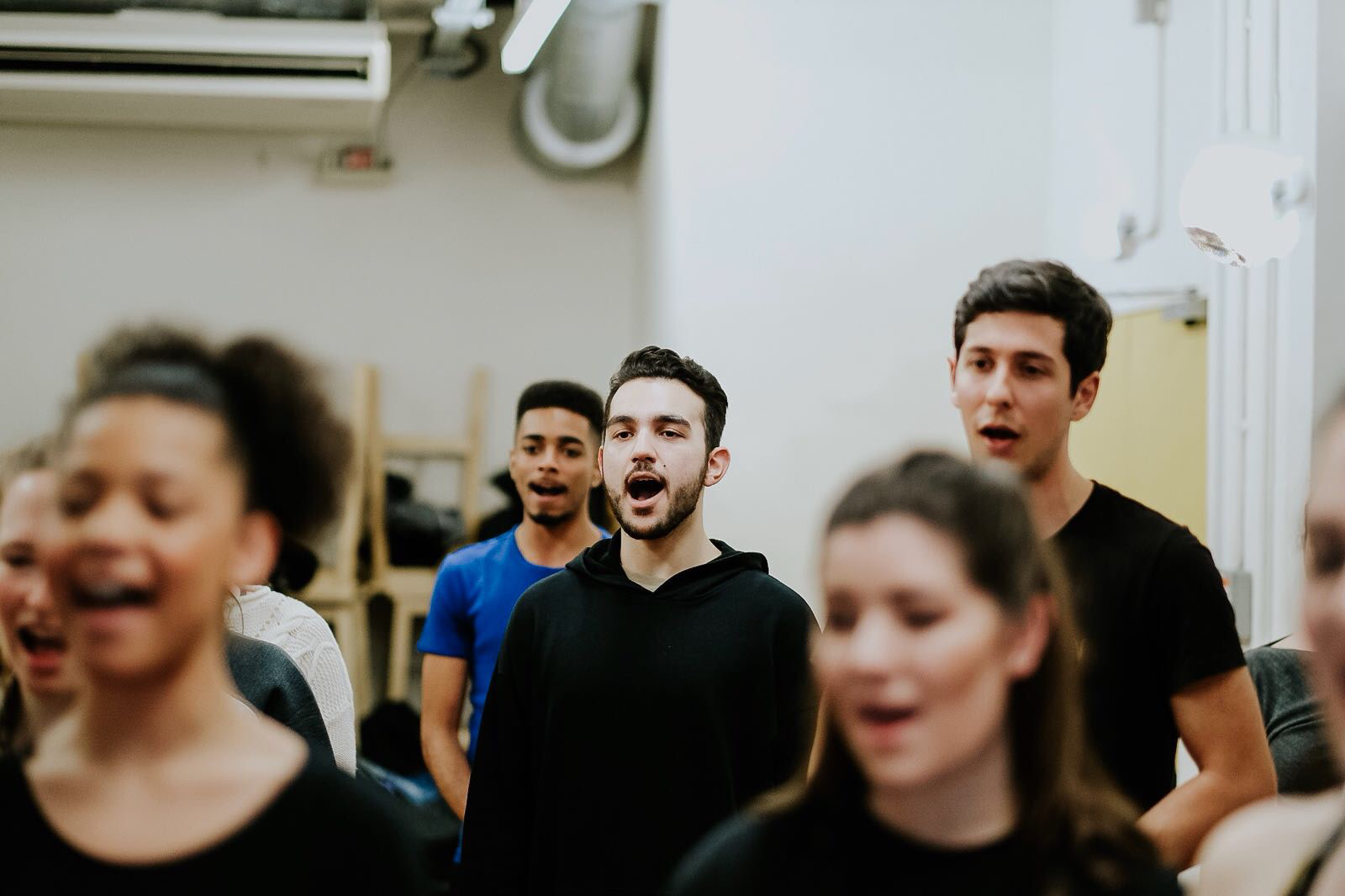What to expect in a theatre and the crew you may work with on a theatre job
Creating a theatre performance requires dedication and a team of creatives – the crew start working together long before the actors utter their first lines. Not all theatre productions operate the same, and the number of crew members will differ depending on the size of the venue, cast and budget. Larger theatres, such as the National Theatre, have a permanent team for their performances, while other venues employ casuals or freelancers to meet their requirements.
Theatre acting is an exciting part of the industry and there’s no feeling quite like stepping on stage in front of a live audience. It’s important to remember that an experienced crew works hard behind the scenes to make the magic happen, so understanding what everyone does shows respect and professionalism.
If you’ve booked your first theatre role or want to know what to expect, read on to discover the crew you’ll meet and the job that everyone does.
Who do Theatre Actors Work With?
Casting Director
The casting director is integral in finding and selecting actors for a production. After reading the script and having all the required information, a breakdown is created to send to agents and performers or posted on Spotlight. Many casting directors are freelance, but some theatres – such as the Donmar and the National Theatre – have an in-house casting department responsible for sourcing talent.
Check out our interviews with casting directors about what work they do.
Producer
A producer is the CEO of a production and oversees it from start to finish. They’re responsible for hiring the creative team – including the director – and managing the finances, such as getting the initial funding and keeping the budget on schedule. Notable theatre producers include Sir Cameron Mackintosh and Sonia Friedman.
Read about a day in the life of a producer on our sister site, Staff Me Up.
Director
The director brings their creative vision to life by guiding actors through their scenes to achieve the desired performance. They also play a crucial role in casting decisions and work closely with the playwright.
Take a look at this article to find out how directors and writers collaborate in theatre.
Artistic Director
The artistic director is hired to oversee the programming of a venue and is responsible for funding, budgets and hiring staff. They are the face of the theatre and will represent it in the media at public events – on occasion, they’ll also direct specific productions.
Movement Director
A movement director works with the director and actors to create the physical aspects that bring a production to life. They understand how the body works and how to use it to match the director’s requirements. The movement director crafts movements authentic to the characters based on age, status, and period and could incorporate specialist skills such as puppetry, stage combat, and acrobatics.
Front-of-House Manager
The front-of-house manager is a key team member who ensures the venue’s smooth operation. They’re responsible for the health and safety of staff and visitors during performance times and manage the theatre’s reception, box office, seating area, bar and front-of-house staff. When the audience is seated, they will inform the backstage crew to start the performance.
Stage Manager
This role is the most senior member of the stage management team, responsible for the health and safety of the crew and actors during the performance. The stage manager organises rehearsals, supervises the ‘get in’ and ‘get out’ cues for performers to go on stage and calls the lighting and sound cues during the show.
Deputy Stage Manager
The primary role of the deputy stage manager is to assist the stage manager by coordinating the dress and technical rehearsal. They keep an accurate record in the script of everything the actors need during the performance and note any changes to the script. During a performance, they will follow the script and cue the lighting, sound effects, music and scene changes.
Assistant Stage Manager
This role requires flexibility, as it assists in many areas, and some productions have multiple assistant stage managers. During rehearsals, they will help set up and step in for the stage manager when needed to take notes and update the prompt book. During the performance, they’re backstage on a headset and will inform departments of issues, such as a late actor. Additional duties include organising props, helping with set and costume changes and covering crew members at short notice.
Company Manager
The company manager is in charge of administrative duties, such as making phone calls, sending emails, and delivering messages to the relevant people. They will deal with issues such as actors calling in sick, holidays and supervising the rehearsal schedule.
Production Manager
The production manager ensures that the technical aspects of a show are operating safely on schedule and within budget.
Set Designer
The set designer studies the script and works alongside the director to create the theatrical scenery for how the production will look in each scene.
Lighting Designer
The lighting designer creates the lighting plan, including visuals such as strobes, lasers and ambience. They attend technical rehearsals and oversee the lighting technicians who set up and operate the lighting.
Sound Designer
The sound designer creates all the sound and audio for a production, including sound effects, music and monitoring the audio quality of the actors’ microphones.
Sound Technicians
The sound technician ensures the audio element of the production is of the highest quality and sets up equipment based on the sound designer’s instructions.
Costume Designer
The costume designer is responsible for the overall aesthetic of the production and will work with the director, set designer and make-up artist to brainstorm ideas. Some designers make the costumes themselves, while others will buy or hire them.
Head of Wardrobe
The wardrobe supervisor ensures the costumes are maintained, cleaned, ironed and repaired if needed. They also look after costumes between scenes. The dresser and wardrobe assistant report to them.
Dresser
The dresser looks after all the costumes and keeps them in order. They also assist actors with quick changes during the show.
Box Office Manager
The box office manager manages the box office staff, coordinates the ticketing system and ensures that the audience receives the best service.
Box Office Staff
The box office staff are usually the first point of contact. They sell tickets in person, by phone or online and provide information about the performance.
Ushers
An usher’s job is to welcome the audience and show them to their seat. Other duties include selling ice cream, confectionery, merchandise and programmes. Ushering in theatres is a popular part-time job for actors studying at drama school or working around auditions.
The number of crew required can vary from project to project and below are some others you may also meet on a theatre production:
- Bar staff
- Cloakroom staff
- Flymen and mechanists
- Props master
- Wardrobe assistant
- Head of wigs/wigs assistant
- Orchestra or band
- Choreographer
- Intimacy coordinator
- Prompter
- Captioner
- Education and outreach staff
Take a look at our website for more tips and advice about working in theatre.
 Sarah Ridgway trained as an actor and has dabbled in stand-up comedy. Sarah is now a freelance writer, and her credits include Backstage and Actors Pro Expo; she is also passionate about empowering solo female travel.
Sarah Ridgway trained as an actor and has dabbled in stand-up comedy. Sarah is now a freelance writer, and her credits include Backstage and Actors Pro Expo; she is also passionate about empowering solo female travel.












